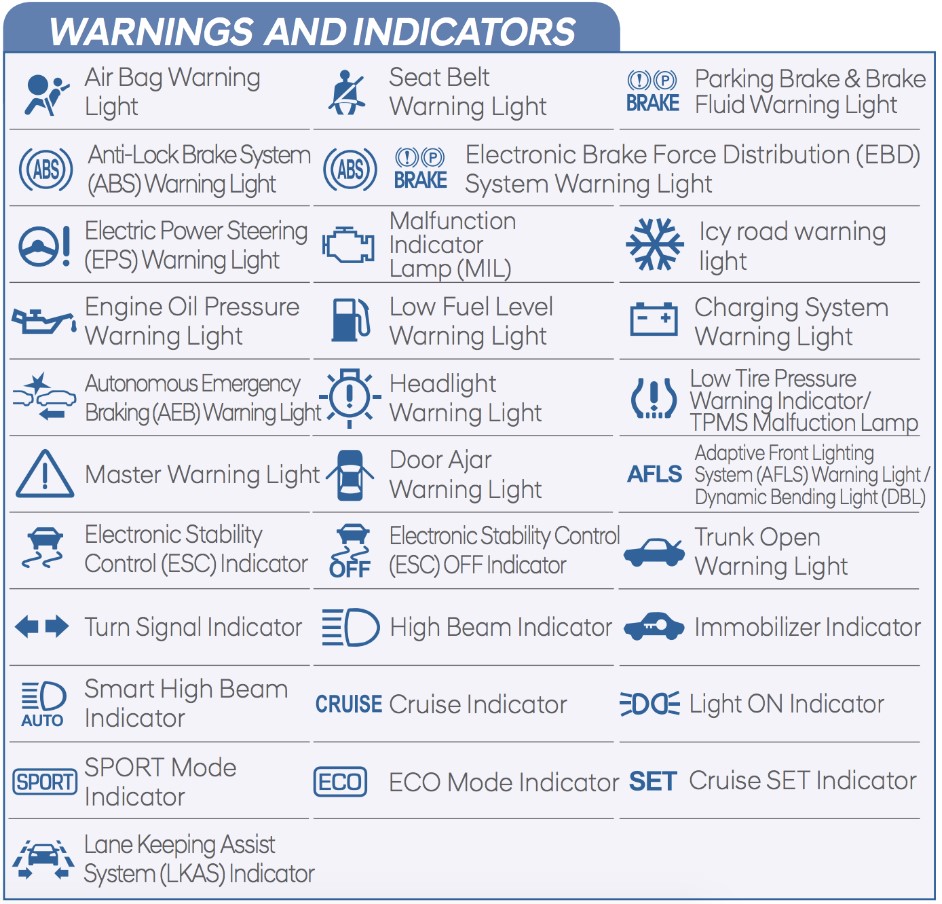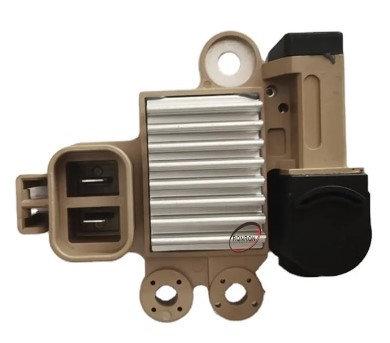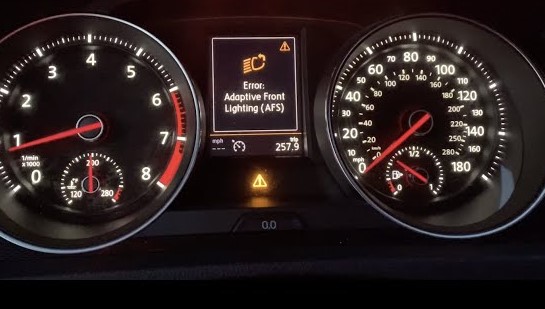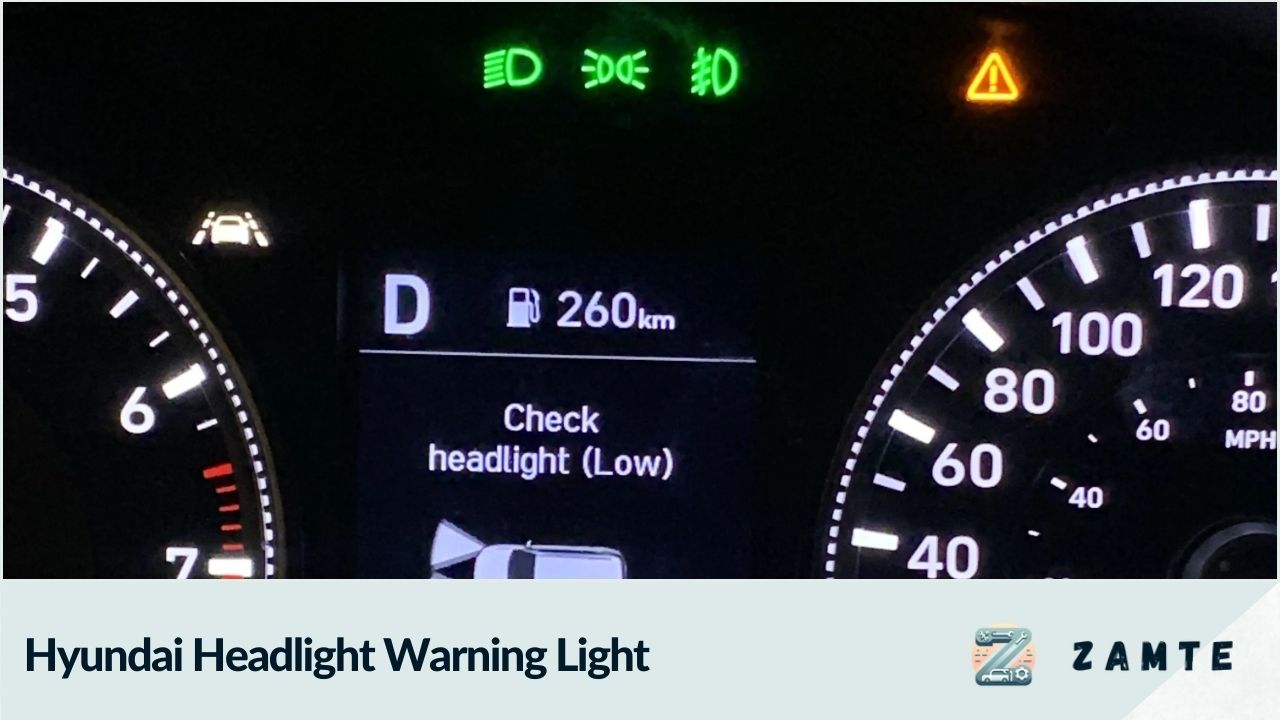Hyundai vehicles are equipped with advanced lighting systems to ensure safety and visibility on the road. However, many Hyundai owners have reported issues with the headlight warning light appearing on their dashboard, even when all lights seem to be functioning normally. This can be confusing and concerning for drivers. Let's explore the common causes of this warning light and how to address them.
| Warning Light | Meaning | Urgency |
|---|---|---|
| Yellow exclamation point in headlight symbol | Potential issue with headlight system | Moderate - Have checked soon |
| Red headlight symbol | Serious headlight malfunction | High - Address immediately |
| Flashing headlight symbol | Intermittent headlight problem | Moderate - Diagnose cause |
Understanding the Hyundai Headlight Warning System

Hyundai vehicles use a sophisticated system to monitor headlight function and alert drivers to potential issues. The headlight warning light typically appears as a yellow or red symbol on the dashboard, often depicting a headlight with an exclamation point[1]. This warning can be triggered by various factors, not just a simple burnt-out bulb.
The headlight monitoring system checks for proper voltage, current draw, and functionality of the entire headlight assembly. This includes the bulbs, wiring, control modules, and even the headlight leveling system in some models[2]. When any part of this system detects an anomaly, it can trigger the warning light.
Common Causes of Hyundai Headlight Warning Lights
1. Faulty Bulbs or LED Modules

While it may seem obvious, a burnt-out or failing headlight bulb is still one of the most common causes of the warning light. However, many Hyundai owners report the warning appearing even when bulbs seem to be working[3]. This can occur if:
- The bulb is drawing incorrect voltage
- An LED module is partially failing
- There's intermittent contact in the bulb socket
Solution: Carefully inspect all headlight bulbs and replace any that show signs of wear or discoloration. For LED headlights, the entire assembly may need replacement if modules are failing.
2. Wiring and Connection Issues

Faulty wiring or loose connections can cause intermittent headlight function, triggering the warning light. This is especially common in areas exposed to moisture or road debris[4].
Solution: Inspect all accessible wiring and connections related to the headlight system. Look for signs of corrosion, damage, or loose fittings. Clean connections and secure any loose wires. For hard-to-reach areas, professional diagnosis may be necessary.
3. Headlight Control Module Malfunction

Many modern Hyundai models use a dedicated headlight control module to manage functions like auto-on/off and adaptive lighting. If this module fails or has software issues, it can trigger the warning light[5].
Solution: This typically requires professional diagnosis with a Hyundai-specific scan tool. The module may need reprogramming or replacement.
4. Voltage Regulation Problems

Hyundai's headlight monitoring system is sensitive to voltage fluctuations. Issues with the alternator, battery, or other electrical components can cause the system to detect abnormal voltage to the headlights[6].
Solution: Have the vehicle's charging system and battery tested. Ensure all ground connections are clean and secure.
5. Adaptive Headlight System Faults

Some Hyundai models feature adaptive headlights that turn with the steering wheel. Faults in the motors, sensors, or control systems for these can trigger the warning light[7].
Solution: This complex system usually requires professional diagnosis. Common fixes include sensor replacement or recalibration of the adaptive system.
Diagnosing and Resolving Persistent Headlight Warnings
If simple checks and bulb replacements don't resolve the issue, further diagnosis is needed:
- Use an OBD-II Scanner: Many Hyundai-specific fault codes related to the headlight system can be read with a quality OBD-II scanner[8]. This can pinpoint the exact system or component causing the issue.
- Check Fuses and Relays: Inspect and test all fuses and relays related to the headlight system. A partially blown fuse can cause intermittent issues.
- Verify Headlight Alignment: Some Hyundai models have sensors to detect misaligned headlights. Ensure headlights are properly aimed[9].
- Professional Diagnosis: If the issue persists, a Hyundai dealership or specialized mechanic with proper diagnostic equipment may be necessary to resolve complex electrical or module-related problems.
Preventing Future Headlight Warning Light Issues
To minimize the chances of encountering headlight warning lights in the future:
- Regularly clean headlight assemblies and check for moisture intrusion
- Replace bulbs in pairs to ensure even performance and lifespan
- Address any electrical system issues promptly to prevent voltage fluctuations
- Follow Hyundai's recommended maintenance schedule for electrical system checks
By understanding the complexities of Hyundai's headlight warning system and addressing issues promptly, owners can ensure their vehicles remain safe and compliant on the road.
FAQs
- Why is my Hyundai headlight warning light on when all lights work?
The warning can be triggered by issues beyond just burnt bulbs, including wiring problems, voltage irregularities, or control module faults. - How urgent is a Hyundai headlight warning light?
While not an immediate emergency if lights are working, it should be addressed soon to prevent potential safety issues or more extensive electrical problems. - Can I reset the Hyundai headlight warning light myself?
In some cases, disconnecting the battery for a few minutes may reset the warning. However, if the underlying issue isn't fixed, it will likely return. - Does a headlight warning light mean I'll fail inspection?
It depends on local regulations, but many inspections will fail a vehicle with active warning lights. It's best to resolve the issue before inspection. - How much does it typically cost to fix a Hyundai headlight warning issue?
Costs vary widely depending on the cause, from under $100 for simple bulb replacements to over $1000 for complex electrical or module issues.
Citations:
- 1. https://www.seidelhyundai.com/vehicle-warning-lights.htm
- 2. https://www.colonial-hyundai.com/hyundai-dashboard-warning-lights.htm
- 3. https://www.rac.co.uk/drive/advice/know-how/hyundai-dashboard-warning-lights-what-they-mean/
- 4. https://www.bakersfieldhyundai.com/what-are-signs-of-hyundai-intermittent-hid-headlight-issues.html
- 5. https://www.hyundai-forums.com/threads/get-exclamation-point-and-low-headlight-flashing-with-image-of-front-headlamps.712023/
- 6. https://www.hyundai-forums.com/threads/2021-elantra-headlight-control-problems.702505/
- 7. https://www.tucsonforums.co.uk/viewtopic.php?t=1157
- 8. https://www.reddit.com/r/Cartalk/comments/slib28/headlight_warning_light_but_all_headlights_work/
- 9. https://www.wapcar.my/collect-faqs/hyundai-elantra-dipped-beam-1656046385463
